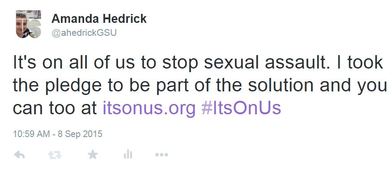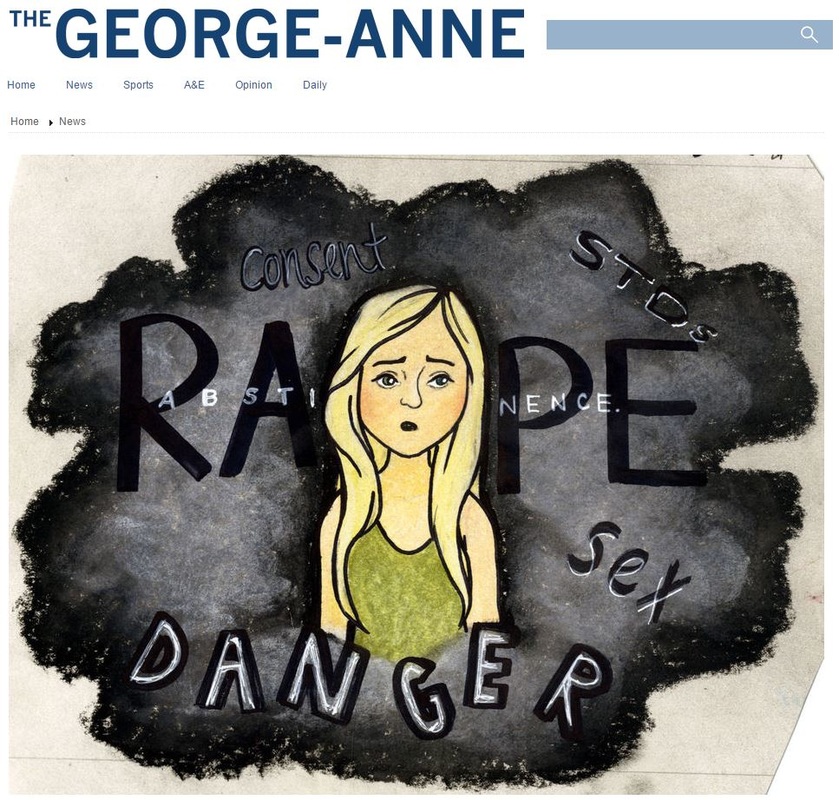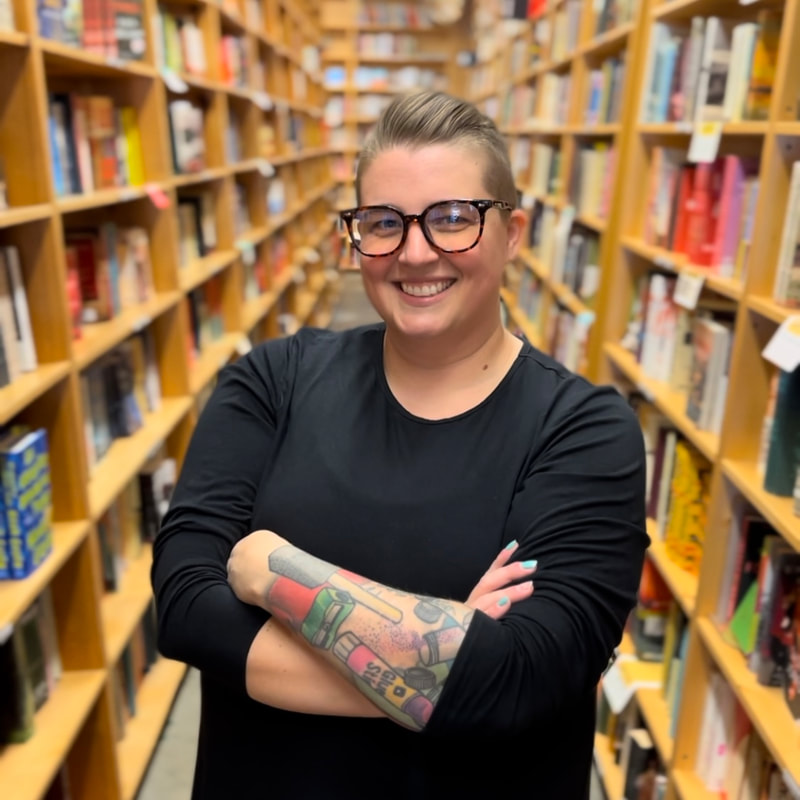|
This past weekend, the It’s On Us campaign celebrated its one year anniversary. You can find a full write-up of some of the nation-wide celebrations that took place in the White House press release here. One of the greatest things about the It’s On Us campaign is the way the prevention of sexual assault has been brought into public conversations. Between their celebrity studded PSAs and the twitter avatar edits, It’s On Us is popping up all over the place. The national attention is great, but I’m most excited about some of the trickle down effects I see on Georgia Southern’s campus. Recently, our student newspaper, The George-Anne has been running a series on sexual assault on our campus. As of now, there are three pieces in the series, investigating the issues of sexual assault from a number of different angles. Here are links to the pieces, in case you haven’t read them yet. In each of the above pieces, students take on this difficult topic of sexual assault and prevention with sensitivity and research.
In “Sexual assault in our community,” Lauren Gorla tells us to wake up the problem and get involved with stopping sexual assault in its tracks. In “Sexual assault in our community: Why students don’t stop it and what happens after,” Will Price introduces us to a victim of sexual assault; our Sexual Assault Response Team (SART); Joel Wright, our Title IX coordinator; and other helpful campus groups and offices. Price writes about Sex Signals and other campus initiatives in “Sexual assault in our community: Why education matters.” Each of these pieces should be required reading for Georgia Southern students, faculty, and staff. The reporting comes straight from our community, so it’s impossible to distance ourselves from what we read. Our George-Anne reporters are doing the work we’re seeing at the national level from It’s On Us at the local level for our school. I applaud them and look forward to a new piece being released on Tuesday. One of the best things I think the George-Anne journalists are doing in this series is playing to their own and their readers’ ethos. They place themselves squarely inside the Georgia Southern student population and write to us as members of this shared community. Lauren Gorla writes, “It’s up to our community to make this happen.” Will Price cites statistics from our Georgia Southern University Police Department and shares a story of a Georgia Southern student, knowing these are the cases and people we most care about. In Thank You for Arguing, Jay Heinrichs tells us to “get the group to identify with you and you have won half the persuasive battle” (p. 55). Since these writers are part of our Georgia Southern community, they’ve won me over already. They are writing about us and for us. I really think we need to listen.
3 Comments
There were 6 cases of sexual violence reported on our Georgia Southern University 2014 Annual Fire Safety and Security Report. RAINN (Rape, Abuse, and Incest National Network) research tells us 68% of sexual assaults go unreported. As we all know, there are likely many more than 6 victims of sexual assault on our campus. These victims have either chosen not to report or feel like they can’t report. Whether the assaults show up in our report or not, we don’t want this for our community. The faculty, staff, and students of Georgia Southern deserve a safe space to live, work, teach, and grow.  It's On Us partners. It's On Us partners. In September of last year, the White House launched the It’s On Us campaign. The mission of this multimedia campaign is to point out that we all share the burden of preventing sexual assault on college campuses. Partnering with cable networks, social action groups, sports teams, social networking sites, major corporations, and more, It’s On Us boasts a massive network of concerned groups and individuals that agree sexual assault affects all of us and should be handled by all of us. One of the biggest ways It’s On Us hopes to change the climate on college campuses is through bystander intervention. The initial It’s On Us launch press release cites CDC research showing “wide-ranging, population-based strategies like bystander intervention - which address individual, community, campus, and societal-level factors - have the greatest potential to effect positive and meaningful change.” By taking an active role in speaking up when we see something or suspect something, we can protect others in our community from sexual assault. The It’s On Us videos, posters, tshirts, and advertisements are meant to make this point and encourage us to take their pledge. I will be blogging about the It’s On Us campaign for the next few months, because I believe this is an important issue that cannot get too much attention. College campuses have long been known as danger zones for sexual assault. Though Georgia Southern has not made the news like some other campuses with high profile cases, it would be foolish for any of us to wait for that to happen to get involved. I've been challenged by Caroline Heldman's piece, "A Call for More Faculty Involvement in the Campus Rape Crisis." I too feel like it’s important for faculty to speak up on the issue of sexual assault. I know in the past, I’ve been lucky to not been the victim of sexual assault. I realize this is no consequence of my actions, dress, or anything else; that's why I call it lucky. My lack of experience with sexual violence is no excuse for me to stay quiet. I want to raise this issue and share this campaign on my blog, so that there are fewer people on our campus who think sexual violence is acceptable. I’m far from the only person on our campus to make this a priority. For years, our First Year Experience office has put on the Sex Signals event. Each semester, hundreds of first year students attend a session. This semester’s sessions took place just last week. If you haven’t been to a session, you can watch this promotional video by Catharsis Productions, the group that performs Sex Signals around the country. Be aware that, like the Sex Signals program, the video does contain frank discussions of rape and sexual assault. Since a good number of our students attended Sex Signals last week, I think this is a great time to share the It’s On Us campaign. My hope is that those of you who attended and appreciated Sex Signals will take the next step and pledge with It’s On Us. We (faculty, staff, and students) can use the It’s On Us pledge to continue the momentum of the Sex Signals event to get our community acting rather than just talking. The more people who see the prevention of sexual assault as their responsibility, the fewer Eagles will be victimized.  My pledge tweet. My pledge tweet. I encourage you to visit the It's On Us website, read the pledge, and consider taking action yourself. There are a number of ways to get involved, from sharing the site yourself, taking the pledge on social media, or simply talking about it with a friend. Just this week, a new video has come out from the campaign, that answers the question, "What's the one thing you can't have sex without?" Maybe watching and sharing this video would be a good way to start.
|
Amanda J. HedrickStory collector, recipe enthusiast, educator, striving for a constant input and output of all things art and learning. Archives
September 2022
|


